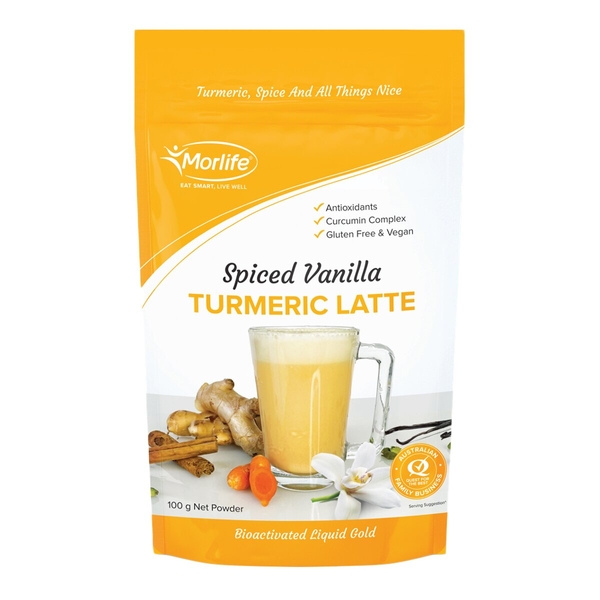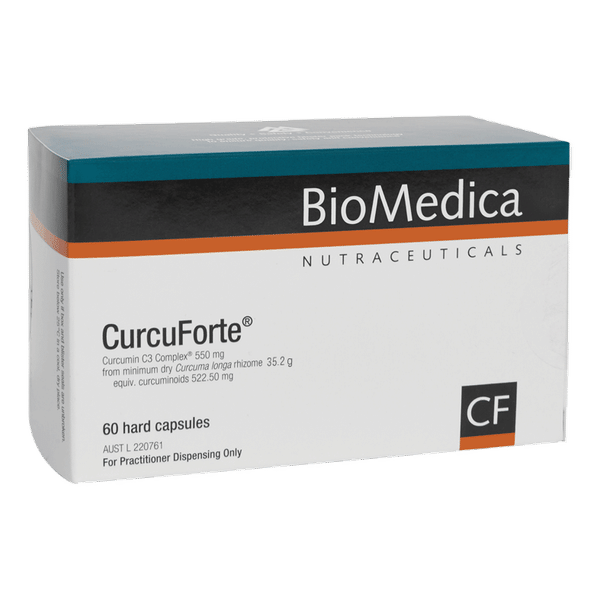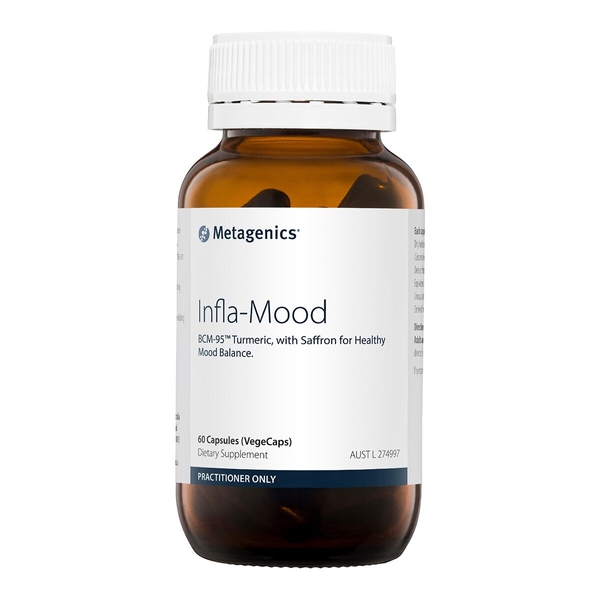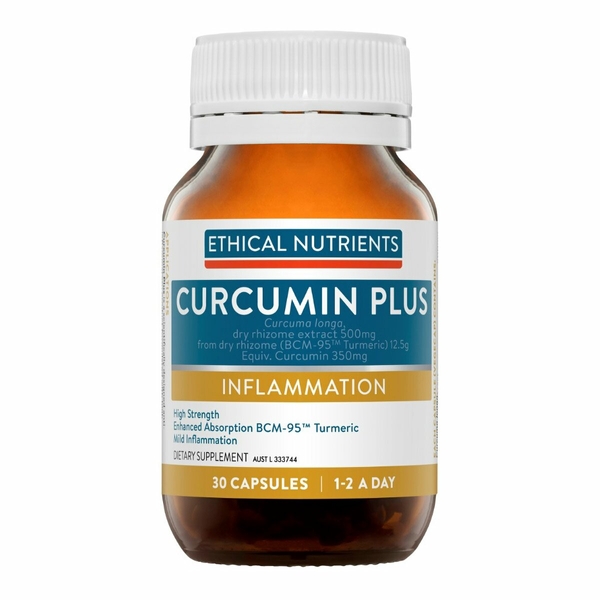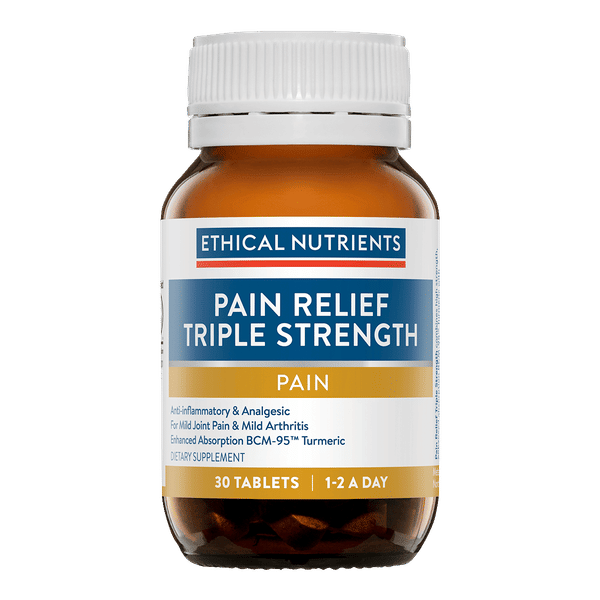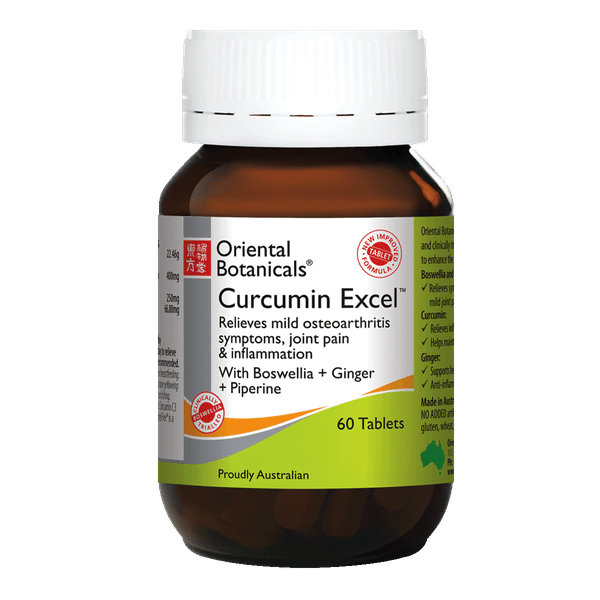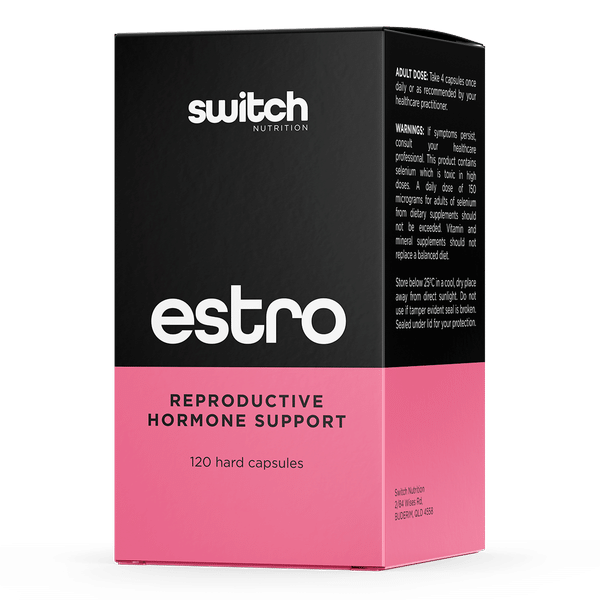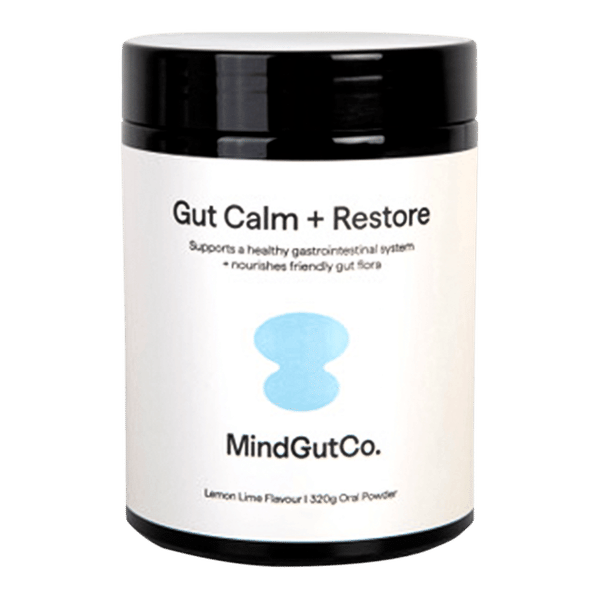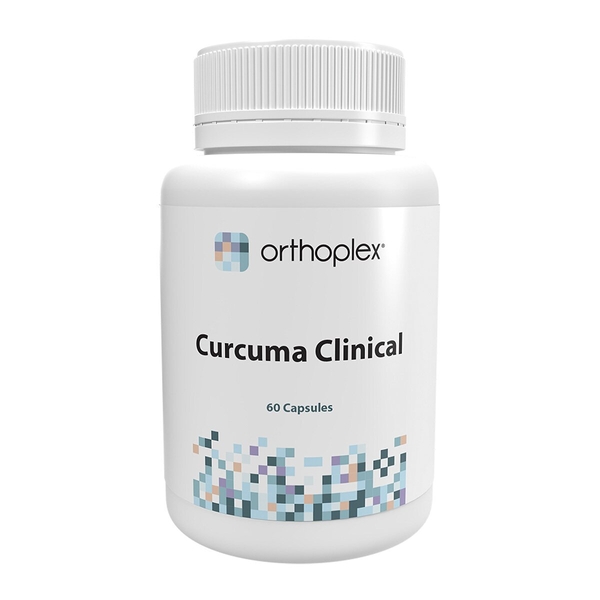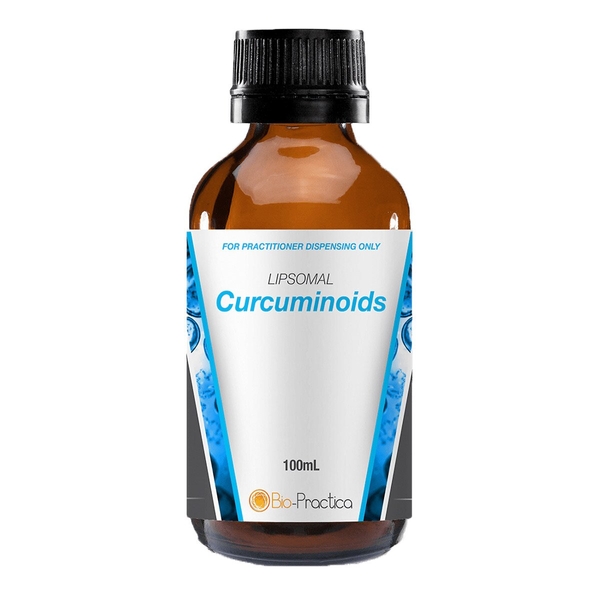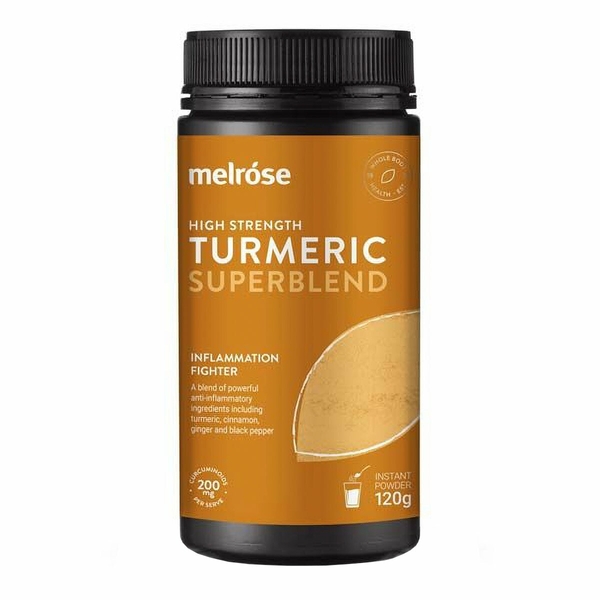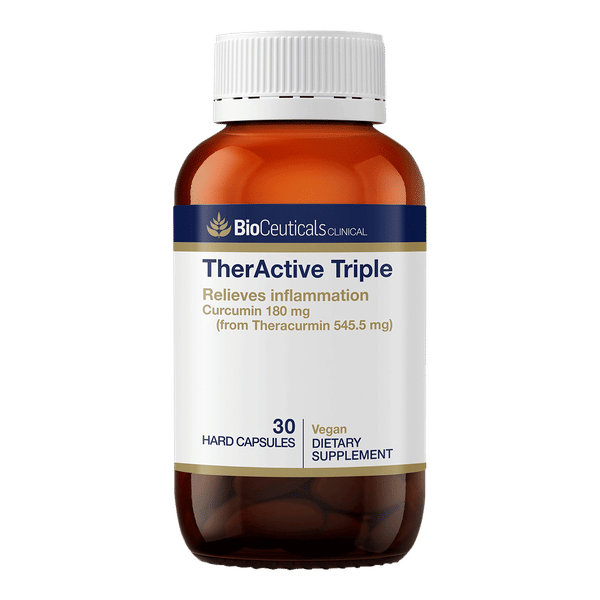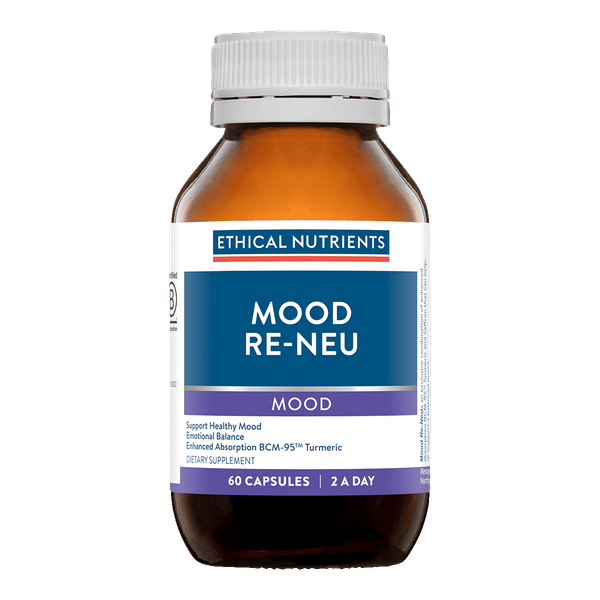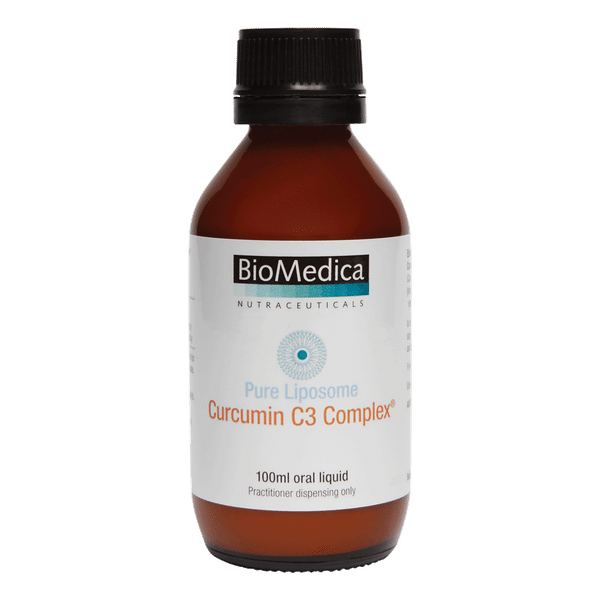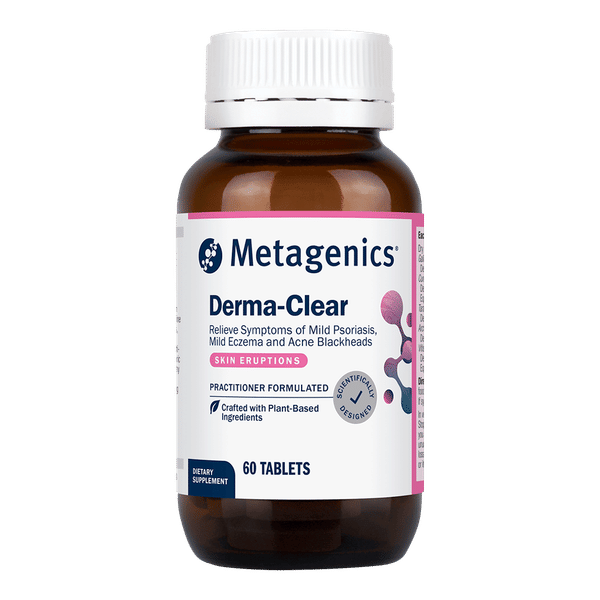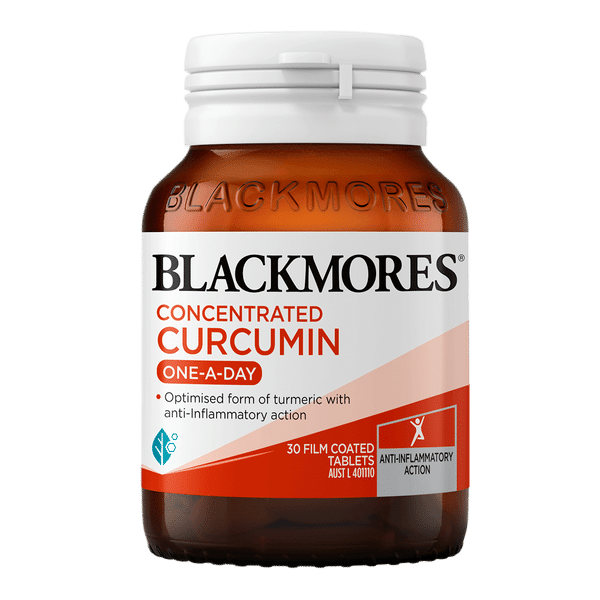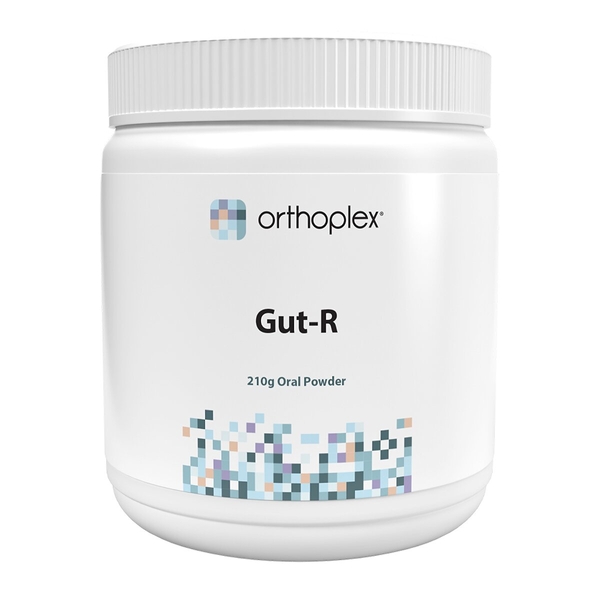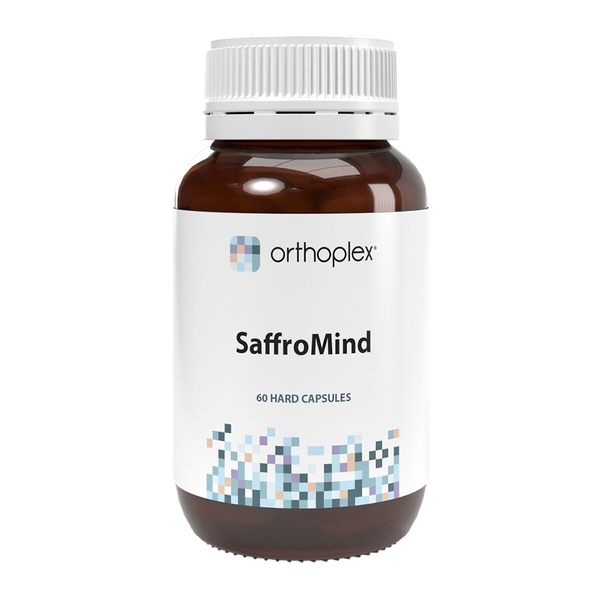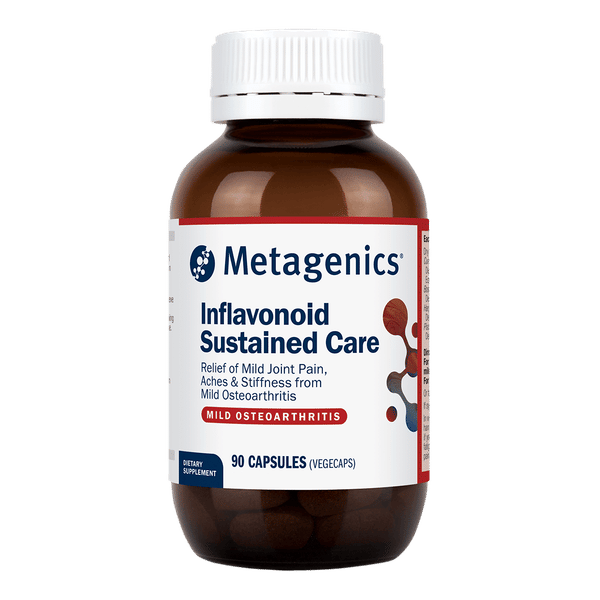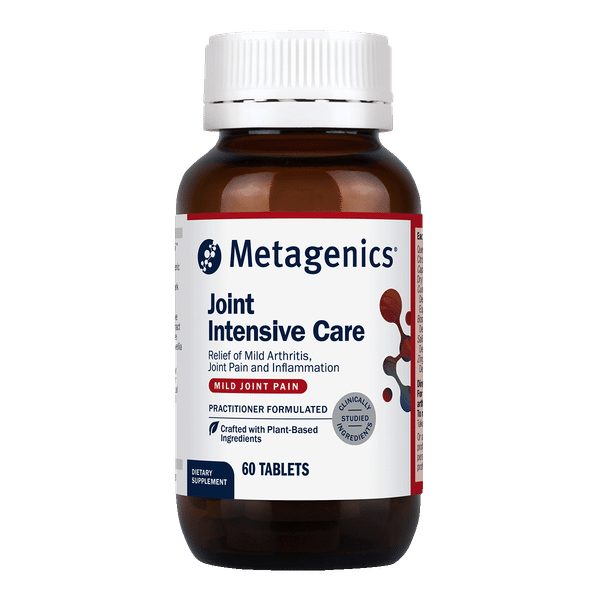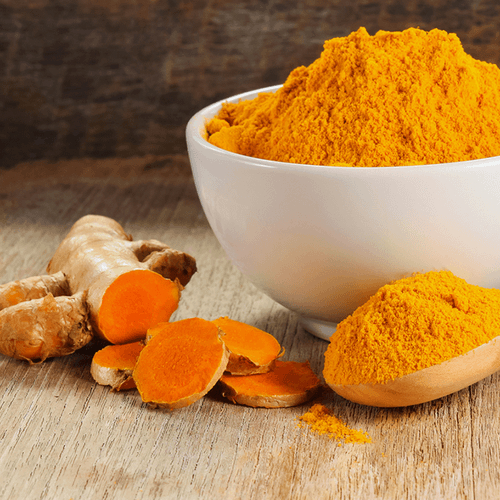
Background
Turmeric has a warm, bitter taste and is frequently used to flavor or color curry powders, mustards, butters, and cheeses. Because curcumin and other chemicals in turmeric might decrease swelling, it is often used to treat conditions that involve pain and inflammation.
People commonly use turmeric for depression, hay fever, and osteoarthritis. It is also used for asthma, diabetes, and many other conditions, but there is no good scientific evidence to support most of these uses. There is also no good evidence to support using turmeric for COVID-19.
Don't confuse turmeric with Javanese turmeric root or tree turmeric. Also, don't confuse it with zedoary or goldenseal, which are unrelated plants that are sometimes called turmeric.
Safety Safety definitions
When applied to the skin: Turmeric is likely safe. It is possibly safe when turmeric is applied inside the mouth as a mouthwash.
When applied into the rectum: Turmeric is possibly safe when used as an enema.
Special Precautions & Warnings:
Pregnancy: Turmeric is commonly used in small amounts as a spice in foods. But it's likely unsafe to use larger amounts of turmeric as a medicine during pregnancy. It might cause a menstrual period or stimulate the uterus, putting the pregnancy at risk. Do not take medicinal amounts of turmeric if you are pregnant.Breast-feeding: Turmeric is commonly used in small amounts as a spice in foods. But there isn't enough reliable information to know if turmeric is safe to use in medicinal amounts during breast-feeding. Stay on the safe side and avoid use.
Gallbladder problems: Turmeric can make gallbladder problems worse. Do not use turmeric if you have gallstones or a bile duct obstruction.
Bleeding problems: Taking turmeric might slow blood clotting. This might increase the risk of bruising and bleeding in people with bleeding disorders.
Hormone-sensitive condition such as breast cancer, uterine cancer, ovarian cancer, endometriosis, or uterine fibroids: Turmeric contains a chemical called curcumin, which might act like the hormone estrogen. In theory, this might have effects on hormone-sensitive conditions. Until more is known, use cautiously if you have a condition that might be made worse by exposure to hormones.
Infertility: Turmeric might lower testosterone levels and decrease sperm movement. This might reduce fertility. Turmeric should be used cautiously by people trying to have a baby.
Liver disease: There is some concern that turmeric can damage the liver, especially in people who have swelling (inflammation) of the liver (hepatitis) or reduced or blocked flow of bile from the liver (cholestasis). Don't use turmeric if you have these liver problems.
Surgery: Turmeric might slow blood clotting. It might cause extra bleeding during and after surgery. Stop using turmeric at least 2 weeks before a scheduled surgery.
Effectiveness
- Hay fever. Taking turmeric by mouth seems to reduce hay fever symptoms such as sneezing, itching, runny nose, and congestion.
- Indigestion (dyspepsia). Taking turmeric may improve indigestion in some patients. Taking curcumin, a chemical found in turmeric, by mouth may work as well as another drug, called omeprazole.
- Depression. Most research shows that taking curcumin, a chemical found in turmeric, by mouth reduces depression symptoms in people already using an antidepressant.
- High levels of cholesterol or other fats (lipids) in the blood (hyperlipidemia). Taking turmeric by mouth seems to lower levels of blood fats called triglycerides. But the effects of turmeric on cholesterol levels are conflicting. Also, there are many different turmeric products available. It is not known which ones work best.
- Buildup of fat in the liver in people who drink little or no alcohol (nonalcoholic fatty liver disease or NAFLD). Taking turmeric extract by mouth reduces markers of liver injury in people who have this condition. It also seems to help prevent the build-up of more fat in the liver.
- Swelling (inflammation) and sores inside the mouth (oral mucositis). Taking curcumin, a chemical found in turmeric, by mouth, or as a lozenge or mouthwash, seems to prevent swelling and sores in the mouth during radiation treatment for cancer.
- Osteoarthritis. Taking turmeric extracts, alone or together with other herbal ingredients, can reduce pain and improve function in people with knee osteoarthritis. Turmeric might work about as well as ibuprofen for reducing pain. But it doesn't seem to work as well as another drug, called diclofenac.
- Itching. Taking turmeric by mouth might reduce itching that is caused by various conditions.
- Alzheimer disease. Taking turmeric, or a chemical in turmeric called curcumin, by mouth does not seem to improve symptoms of Alzheimer disease.
- Stomach ulcers. Taking turmeric by mouth does not seem to improve stomach ulcers.
Dosing & administration
Interactions with pharmaceuticals
Amlodipine (Norvasc)
Interaction Rating=Moderate Be cautious with this combination.
Turmeric might increase how much amlodipine the body absorbs. Taking turmeric while taking amlodipine might increase the effects and side effects of amlodipine.
Docetaxel (Taxotere)
Interaction Rating=Minor Be watchful with this combination.
Turmeric might increase how much docetaxel the body absorbs. Taking turmeric while taking docetaxel might increase the effects and side effects of docetaxel.
Estrogens
Interaction Rating=Minor Be watchful with this combination.
Large amounts of turmeric might interfere with the effects of estrogen. Taking turmeric along with estrogen might decrease the effects of estrogens.
Some estrogen pills include conjugated equine estrogens (Premarin), ethinyl estradiol, estradiol, and others.
Glyburide (Diabeta, others)
Interaction Rating=Minor Be watchful with this combination.
Turmeric contains curcumin. Curcumin might lower blood sugar. Glyburide is also used to lower blood sugar. Taking curcumin or turmeric along with glyburide might cause your blood sugar to go too low. Monitor your blood sugar closely. Your dose of glyburide might need to be changed.
Losartan (Cozaar)
Interaction Rating=Minor Be watchful with this combination.
Taking turmeric while taking losartan might increase the effects and side effects of losartan.
Medications changed by the liver (Cytochrome P450 1A2 (CYP1A2) substrates)
Interaction Rating=Minor Be watchful with this combination.
Some medications are changed and broken down by the liver. Turmeric might change how quickly the liver breaks down these medications. This could change the effects and side effects of these medications.
Medications changed by the liver (Cytochrome P450 3A4 (CYP3A4) substrates)
Interaction Rating=Moderate Be cautious with this combination.
Some medications are changed and broken down by the liver. Turmeric might change how quickly the liver breaks down these medications. This could change the effects and side effects of these medications.
Medications for cancer (Alkylating agents)
Interaction Rating=Moderate Be cautious with this combination.
Turmeric is an antioxidant. There is some concern that antioxidants might decrease the effects of some medications used for cancer. If you are taking medications for cancer, check with your healthcare provider before taking turmeric.
Medications for cancer (Antitumor antibiotics)
Interaction Rating=Moderate Be cautious with this combination.
Turmeric is an antioxidant. There is some concern that antioxidants might decrease the effects of medications used for cancer. If you are taking medications for cancer, check with your healthcare provider before taking turmeric.
Medications for diabetes (Antidiabetes drugs)
Interaction Rating=Moderate Be cautious with this combination.
Turmeric might lower blood sugar levels. Taking turmeric along with diabetes medications might cause blood sugar to drop too low. Monitor your blood sugar closely.
Medications moved by pumps in cells (Organic Anion-Transporting Polypeptide Substrates)
Interaction Rating=Moderate Be cautious with this combination.
Some medications are moved in and out of cells by pumps. Turmeric might change how these pumps work and change how much medication stays in the body. In some cases, this might change the effects and side effects of a medication.
Medications moved by pumps in cells (P-Glycoprotein Substrates)
Interaction Rating=Minor Be watchful with this combination.
Some medications are moved in and out of cells by pumps. Turmeric might change how these pumps work and change how much medication stays in the body. In some cases, this might change the effects and side effects of a medication.
Medications that can harm the liver (Hepatotoxic drugs)
Interaction Rating=Moderate Be cautious with this combination.
Turmeric might harm the liver. Some medications can also harm the liver. Taking turmeric along with a medication that can harm the liver might increase the risk of liver damage.
Medications that slow blood clotting (Anticoagulant / Antiplatelet drugs)
Interaction Rating=Moderate Be cautious with this combination.
Turmeric might slow blood clotting. Taking turmeric along with medications that also slow blood clotting might increase the risk of bruising and bleeding.
Methotrexate (Trexall, others)
Interaction Rating=Moderate Be cautious with this combination.
Turmeric might harm the liver. Methotrexate can also harm the liver. Taking turmeric along with methotrexate might increase the risk of liver damage.
Norfloxacin (Noroxin)
Interaction Rating=Minor Be watchful with this combination.
Turmeric might increase how much norfloxacin the body absorbs. Taking turmeric while taking norfloxacin might increase the effects and side effects of norfloxacin.
Paclitaxel (Abraxane, Onxol)
Interaction Rating=Minor Be watchful with this combination.
Turmeric might change how much paclitaxel stays in the body. Taking turmeric while taking paclitaxel might change the effects and side effects of paclitaxel. However, this doesn't seem to be a big concern.
Sulfasalazine (Azulfidine)
Interaction Rating=Moderate Be cautious with this combination.
Turmeric might increase how much sulfasalazine the body absorbs. Taking turmeric while taking sulfasalazine might increase the effects and side effects of sulfasalazine.
Tacrolimus (Prograf)
Interaction Rating=Moderate Be cautious with this combination.
Turmeric might increase the amount of tacrolimus in the body. This can increase the side effects of tacrolimus and even damage the kidneys.
Talinolol
Interaction Rating=Moderate Be cautious with this combination.
Turmeric might decrease how much talinolol the body absorbs. Taking turmeric while taking talinolol might decrease the effects of talinolol.
Tamoxifen (Nolvadex)
Interaction Rating=Moderate Be cautious with this combination.
Turmeric might decrease how much tamoxifen is in the body. Taking turmeric with tamoxifen might decrease the effects of tamoxifen.
Warfarin (Coumadin)
Interaction Rating=Moderate Be cautious with this combination.
Warfarin is used to slow blood clotting. Taking turmeric while taking warfarin might increase the effects of warfarin and increase the risk of bleeding and bruising.
Interactions with herbs & supplements
Herbs and supplements that might lower blood sugar: Turmeric might lower blood sugar. Taking it with other supplements with similar effects might lower blood sugar too much. Examples of supplements with this effect include aloe, bitter melon, cassia cinnamon, chromium, and prickly pear cactus.
Herbs and supplements that might slow blood clotting: Turmeric might slow blood clotting and increase the risk of bleeding. Taking it with other supplements with similar effects might increase the risk of bleeding in some people. Examples of supplements with this effect include garlic, ginger, ginkgo, nattokinase, and Panax ginseng.
Iron: There is some concern that turmeric and curcumin, a chemical found in turmeric, might prevent the body from absorbing iron. But most research shows that this isn't a major concern with turmeric from food or supplements.
Interactions with foods
Products
View all products- Curcuma longa (Turmeric) ext. 300 mg equiv. curcuminoids 285.2 mg
- Schisandra chinensis ext. 240 mg
- Brassica oleracea var. italica ext. 400 mg
- Punica granatum ext. 200 mg
- Ascorbic acid (Vitamin C) 80 mg
- Citrus bioflavonoids extract 40 mg
- Selenomethionine 149.2 µg equiv. selenium 60 µg
- Angelica polymorpha ext. 400 mg
- Reynoutria japonica ext. 260 mg
- Silybum marianum ext. 200 mg
- Zinc citrate dihydrate 37.4 mg equiv. zinc 12 mg
- Chromium picolinate 402.4 µg equiv. chromium 50 µg
- Mecobalamin (Vitamin B12) 4 µg
- Curcuma longa (Turmeric) ext. 263.16 mg equiv. curcuminoids 250 mg
- Aloe barbadensis ext. 1.13 mg
- Glycyrrhiza glabra ext. 380 mg
- Cyamopsis tetragonoloba (Guar gum) 2.5 g
- Saccharomyces cerevisiae (boulardii) (SB) 2 billion CFU
- Althaea officinalis ext. 150 mg
- Matricaria chamomilla ext. 250 mg
- Zingiber officinale ext. 62.48 mg
- Actinidia deliciosa (fruit) powder (Kiwi fruit (green)) 277.5 mg
- Ananas comosus (Bromelain) 250 mg
- Glutamine 1 g
- Curcumin (Turmeric) equiv. curcuminoids 200 mg
- Cinnamomum spp. powder
- Zingiber officinale powder
- Piper nigrum equiv. piperine 9.5 mg
- Pumpkin powder
- Fermented Prebiotic Isomalto-oligosaccharides (Fermented prebiotic IMO)
- Maltodextrin
- Natural flavours
- Chlorella pyrenoidosa powder
- Stevia rebaubiana

